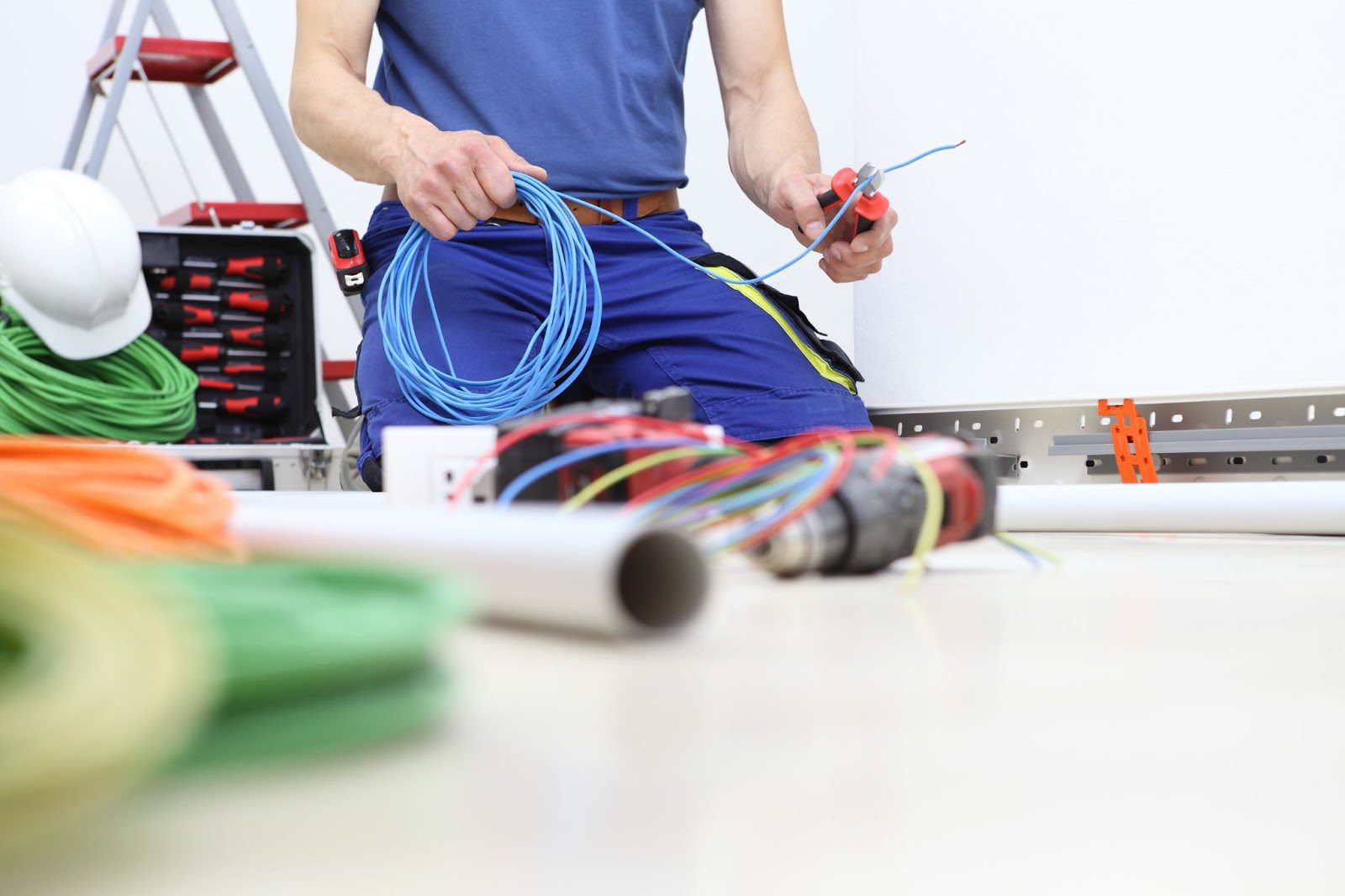There are countless benefits of purchasing and living in an old home. It’s been a part of several people’s lives for years before it came to be your family’s residence, and it’s a beautiful thing to experience its charm. However, that doesn’t mean that older homes are the same kind of low-maintenance turn-key property as new construction. Considering the age of your home’s wiring is an integral part of owning an older home.
Risks of Old or Outdated Wiring
If you’re not sure of your home’s wiring history, your house likely has some old wires in its walls and underground. Old wiring presents some risks, so it’s essential to make it a priority to remain knowledgeable about them.
Some of the risks associated with old wiring include:
- If compromised and exposed wires come in contact with frayed insulation, it could result in electrical faults, shocks, and electrocution risk.
- Loosely connected or worn down wires can increase the likelihood of arcing, which is a kind of electrical surge, which can produce a large amount of heat. If your insulation, cables, and the surrounding areas are exposed to high temperatures, it’s possible that an electrical fire could happen.
- Sometimes old wires have been modified or had DIY repairs made to them over the years. For this reason, old wiring may not be up to code or be safe for regular use.
- Older wiring may not be equipped to handle the high-energy demands of newer appliances. This could lead to overloading your circuit breaker, which could present more electrical problems down the line.
When Is It Time to Rewire Your House?
Complete rewiring of a house is a considerable expense, but if it’s the difference between constant electrical issues and peace of mind, it’s a worthwhile endeavor. In general, houses should be wired around 40 to 60 years after the original wiring was completed. If your home was built after a time where plastic-sheathed and grounded wiring became standard, it’s possible that you can avoid rewiring your house up to 80 years from its installation.
Factors that may impact the price include the size of your home, the number of circuit breakers in your house, and whether or not your electrical panels need to be relocated.
Warning Signs It’s Time To Rewire Your House
According to State Farm, there are 11 warning signs to keep in mind if your house may need to be rewired. If you notice any of the below warning signs, it’s important to contact a professional electrician to rewire your home quickly to avoid future issues:
- You blow a fuse often or frequently notice tripped breakers
- The electrical panel is over-fused
- Your lights are dimming or flickering, which is a common symptom of an overloaded circuit or loose connections
- Hot switch plates, cords, or plugs
- Discolored switch plates
- Frequently burnt out light bulbs
- Buzzing sounds from inside the walls or near electrical connections
- Sparks or arcing when you plug or unplug a cord
- Loose outlets
- Frayed, cracked, or cut insulation
- Electrical shock when using electrical outlets, plugging in, or touching cords
For more information about our services, including general wiring and electric repairs, don’t hesitate to contact our team today!

